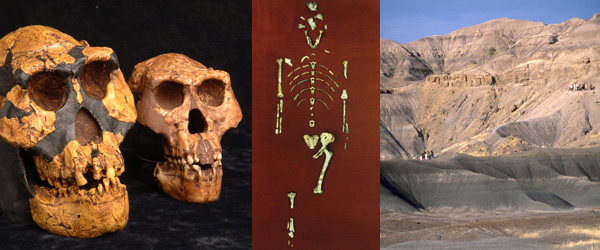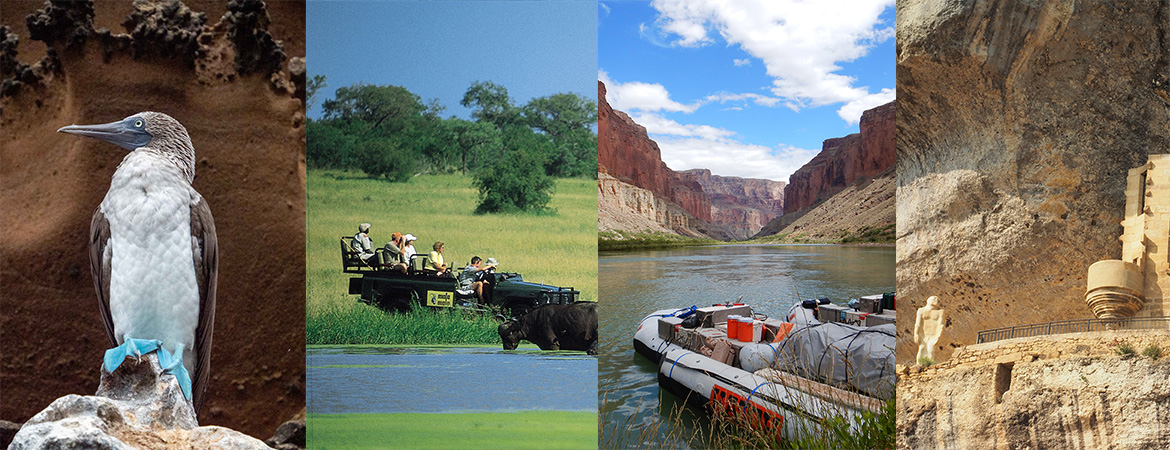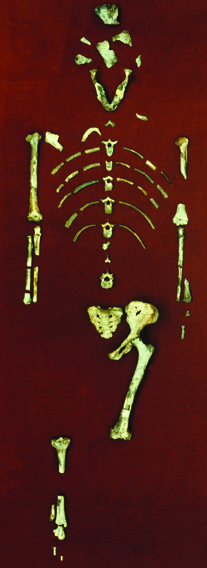In addition to ASU faculty, IHO incorporates an international network of research affiliates whose research perspectives, skills, and tools extend and reinforce IHO’s transdisciplinary mission in human origins research and student training.
Zeresenay Alemseged PhD, University of Chicago, Illinois
African early hominins, paleoecology



